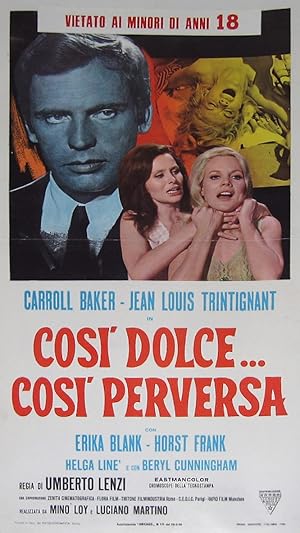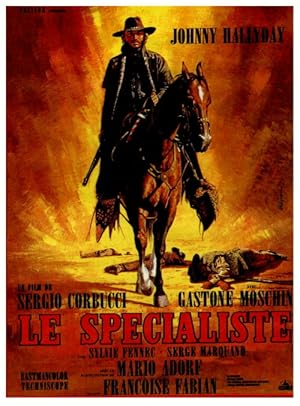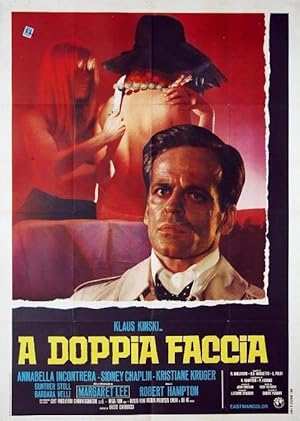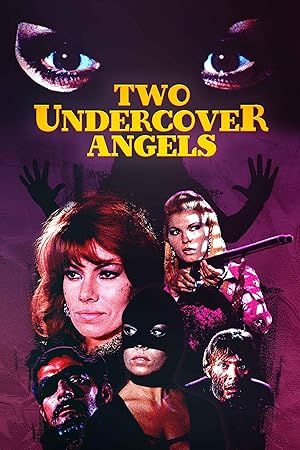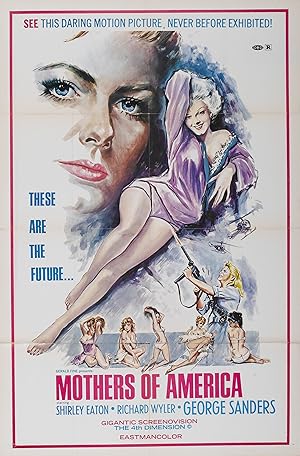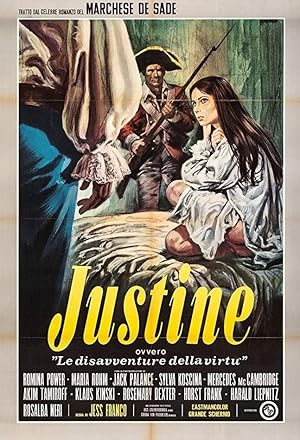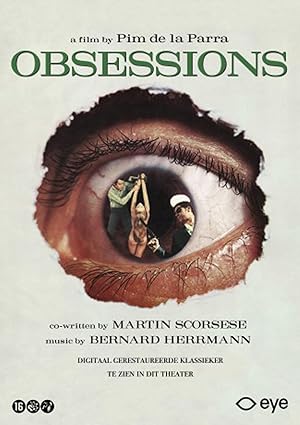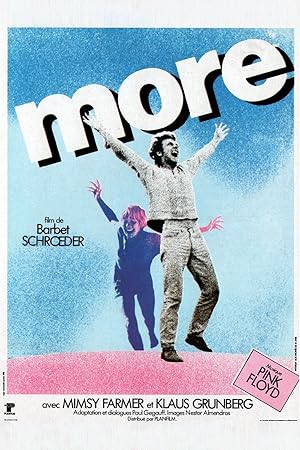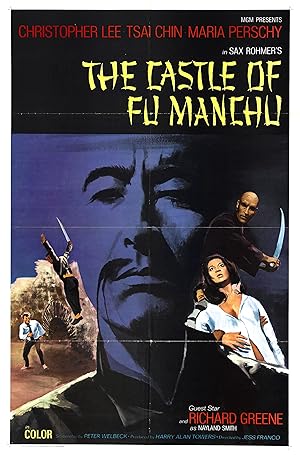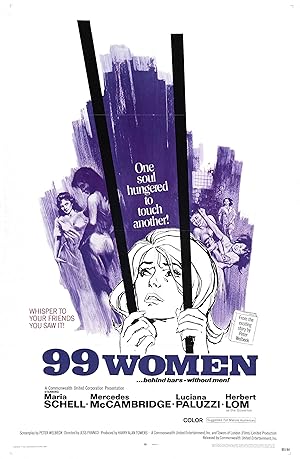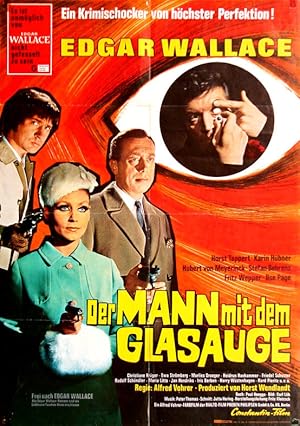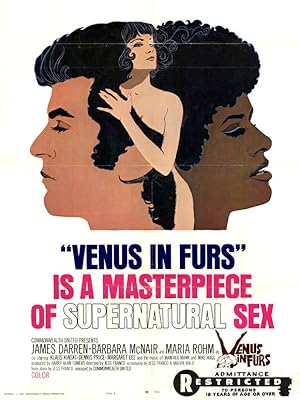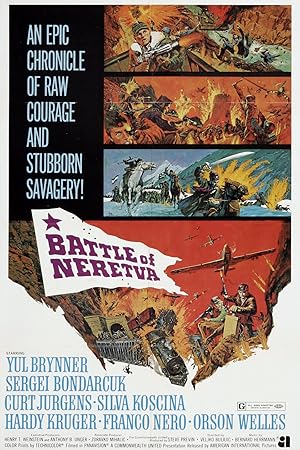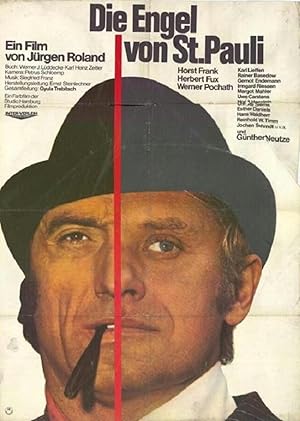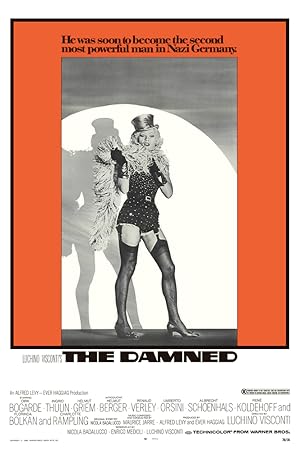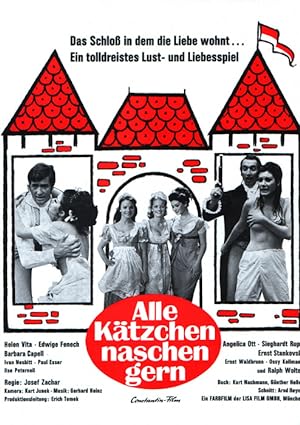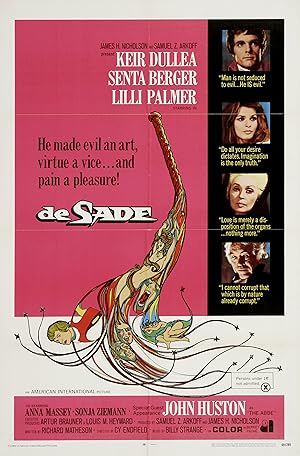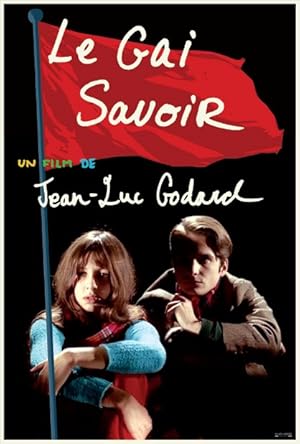Top Movies from Germany
You’re now browsing page 178, where our exploration of Germany films continues. If you’ve already discovered some standout titles on previous pages, now is the perfect time to delve even deeper and uncover more cinematic treasures. Keep exploring and enjoy the journey!
The Specialists (1969)
1
Hud Dixon returns to his hometown when his brother is killed by a lynch mob.
Double Face (1969)
1
After a businessman's unfaithful wife is seemingly killed in a car accident, he is led by several unscrupulous characters to believe that she is actually alive.
The Girl from Rio (1969)
3
Sumuru, the beautiful leader of the all-female kingdom of Femina, plans to use her women to take over the world.
Marquis de Sade: Justine (1969)
0
Without a family, penniless and separated from her sister, a beautiful chaste woman will have to cope with an endless parade of villains, perverts and degenerates who will claim not only her treasured virtue but also her life.
Obsessions (1969)
0
A young medical student observes his neighbour's love life through a hole in his apartment wall.
More (1969)
0
A German student, Stefan, now finished with his studies, hitchhikes to Paris. There he meets a free-spirited American girl, Estelle, who he follows to Ibiza. The two begin a sad and dark path into heroin addiction.
The Castle of Fu Manchu (1969)
0
The evil mastermind Fu Manchu plots his latest scheme to basically freeze over the Earth's oceans with his diabolical new device. Opposing him is his arch-nemesis, Interpol's very British Nayland Smith.
99 Women (1969)
1
Female prisoners endure the horrors of drug abuse, prostitution and rampant sadism at an island prison. When an escape attempt goes awry, the fugitives discover that escaping can be as dangerous as remaining in the prison.
The Man with the Glass Eye (1969)
0
A man is found dead in a London hotel. The knife is still firmly stuck in the victim's chest, and Inspector Perkins strangely finds a glass eye in his jacket pocket. Kurt after that a second, mysterious murder happens: A city-famous dancer of the Las Vegas Girls, who perform at the London Odeon Theater, is poisoned. Is there a connection between the pretty dancer and the hotel guest? Inspector Perkins and his colleagues are pressed for time. The "man with the glass eye" strikes deadly again and again. A first clue leads Scotland Yard to a billiard club, where one has to show a glass eye as an admission ticket.
Venus in Furs (1969)
0
A musician finds the corpse of a beautiful woman on the beach. The woman returns from the dead to take revenge on the group of wealthy sadists responsible for her death.
The Battle of Neretva (1969)
1
In January 1943 the German army, afraid of an Allied invasion of the Balkans, launched a great offensive against Yugoslav Partisans in Western Bosnia. The only way out for Partisan forces and thousands of refugees was the bridge on the river Neretva.
The Angels of the Street (1969)
0
Angels of the Street or The Angel of St. Pauli is a 1969 West German crime film directed by Jürgen Roland and starring Horst Frank, Herbert Fux and Werner Pochath. It is set in the St. Pauli red light district of the port of Hamburg.
The Damned (1969)
0
In the early days of Nazi Germany, a powerful noble family must adjust to life under the new dictatorship regime.
The Sweet Pussycats (1969)
0
An officer and a count who live in opposite ends of the same castle bet each other who will be the first to bed their respective new 'virgin' maid. The winner will get ownership of the castle. In order to attain his goal, the officer ignores his lusty fiancee but she soon finds a luitenant to turn her attention to. Eventually a whole stable of local prostitutes gets in on the act.
De Sade (1969)
0
The 18th-century French marquis recalls his sadomasochistic experiments and goes to jail for lewd behavior.
Le Gai Savoir (1969)
1
Night after night, not long before dawn, two young adults, Patricia and Emile, meet on a sound stage to discuss learning, discourse, and the path to revolution. Scenes of Paris's student revolt, the Vietnam War, and other events of the late 1960s, along with posters, photographs, and cartoons, are backdrops to their words. Words themselves are often Patricia and Emile's subject, as are images, sounds, and juxtapositions.
